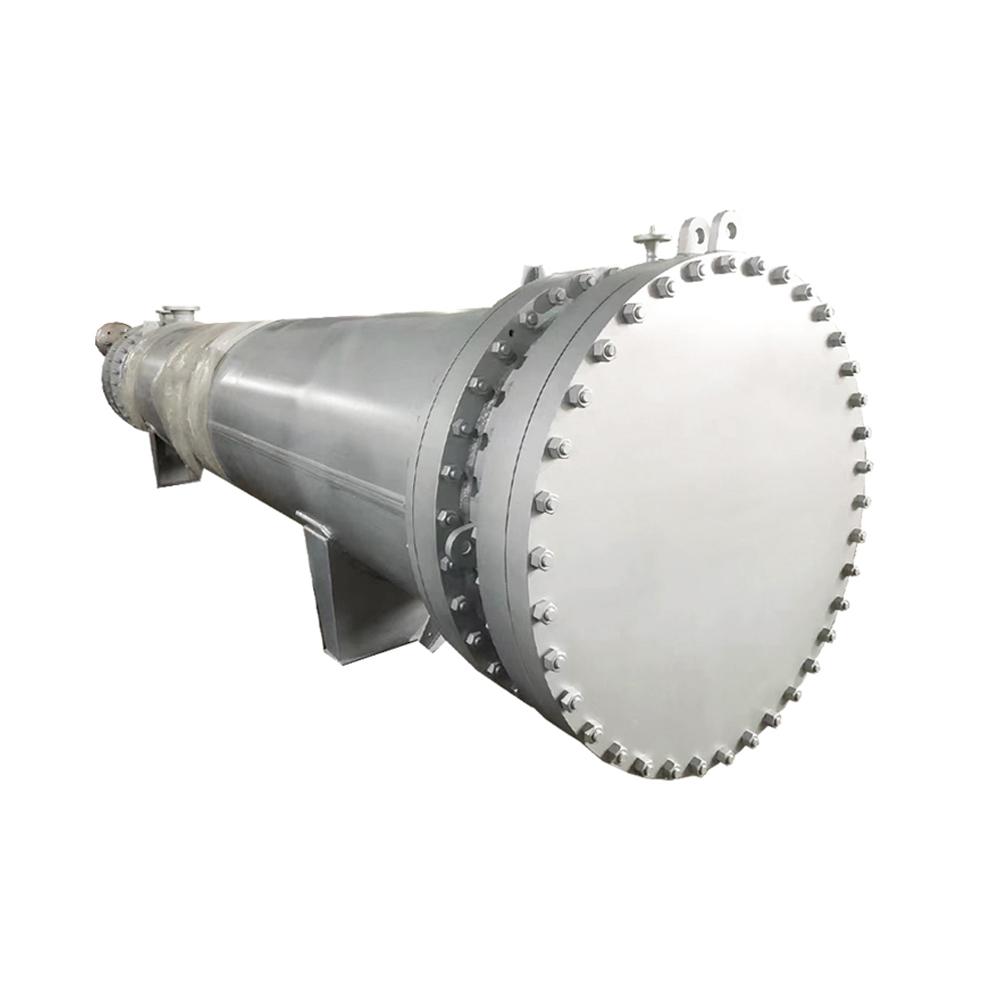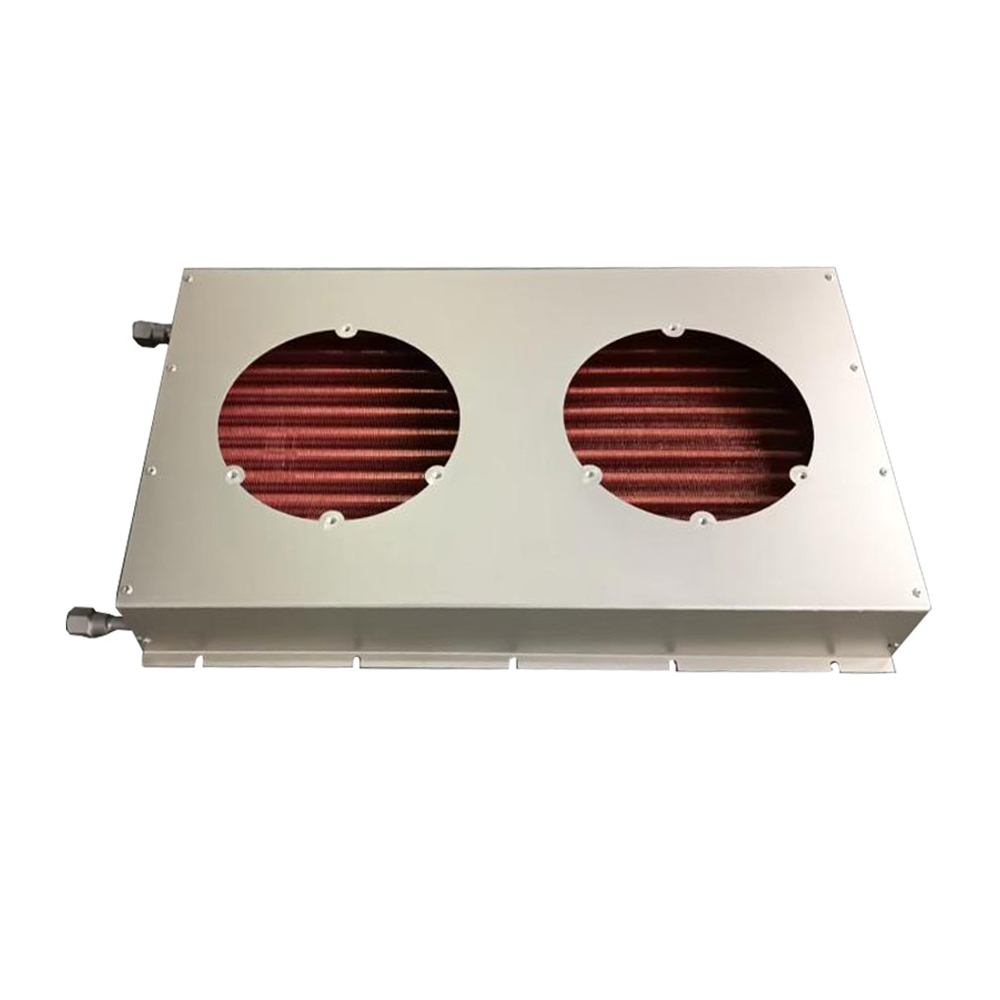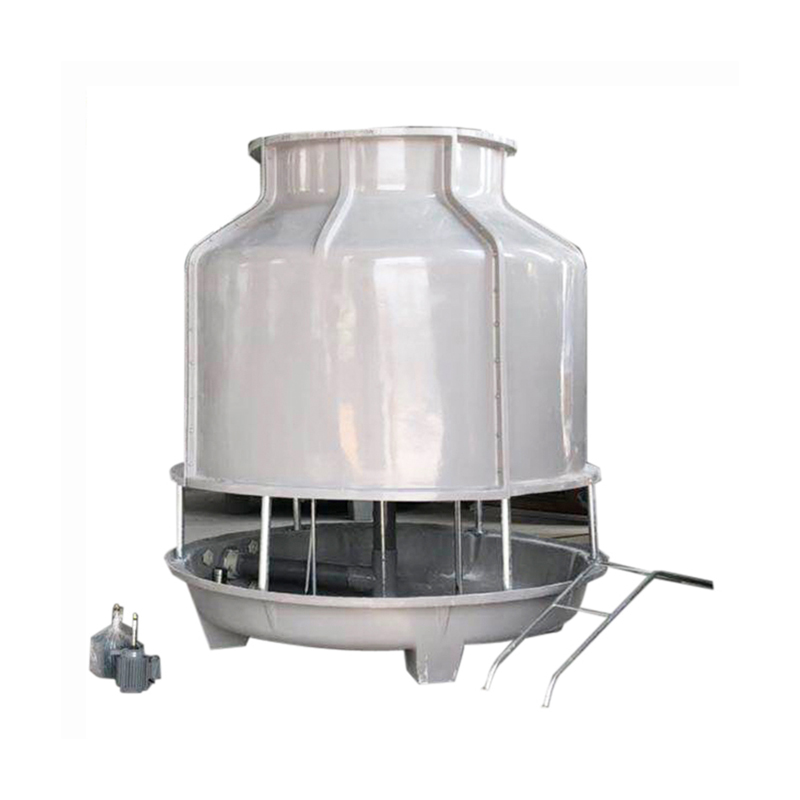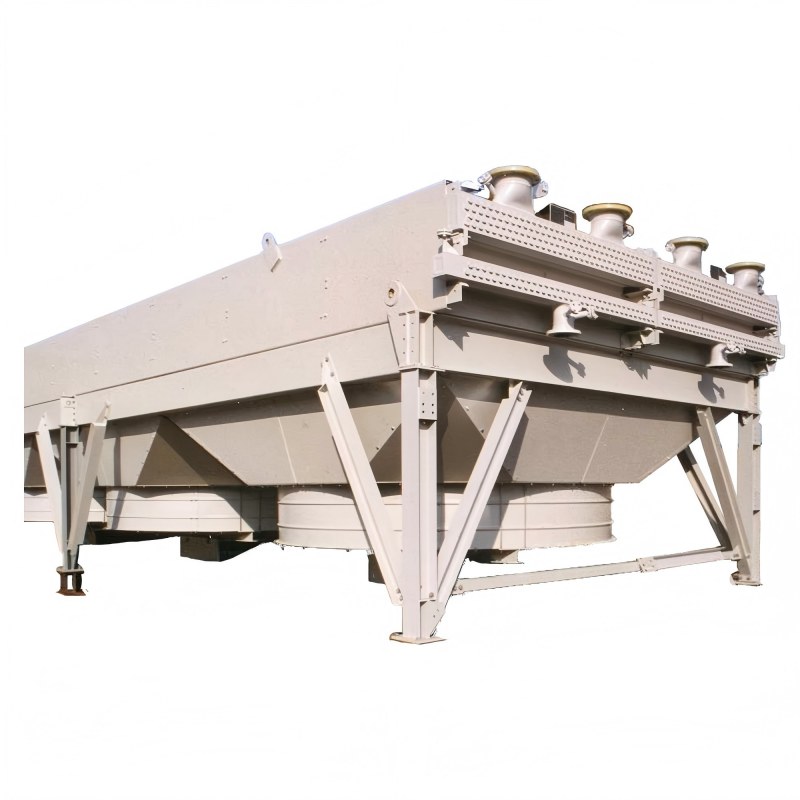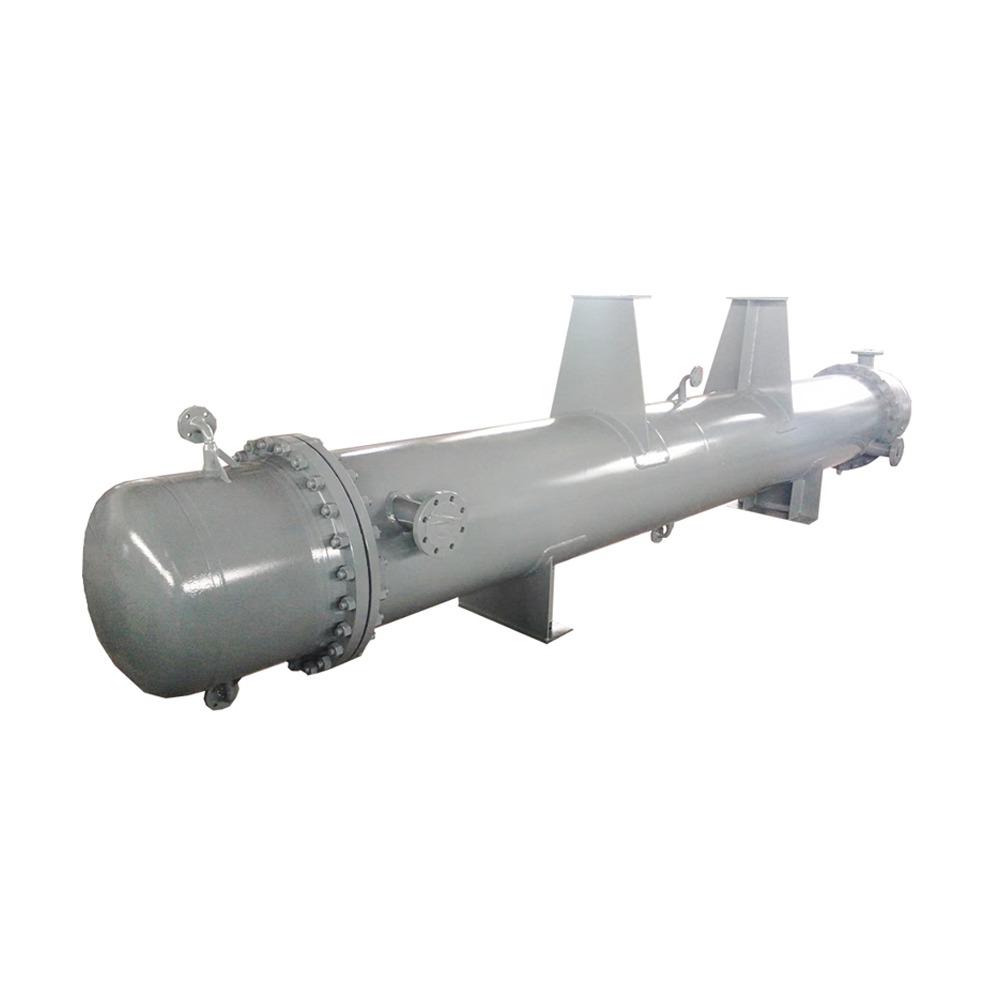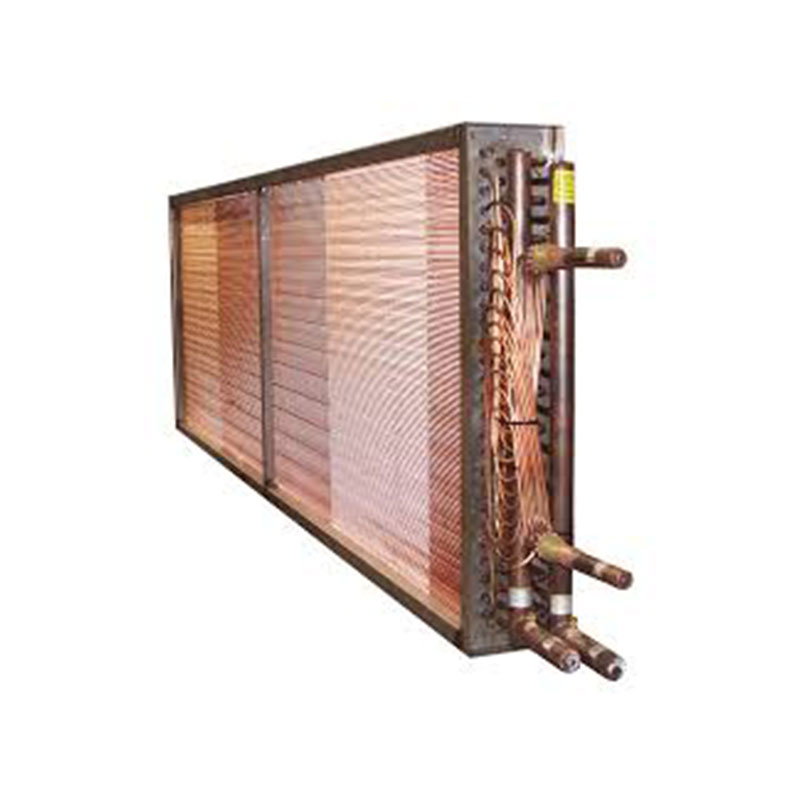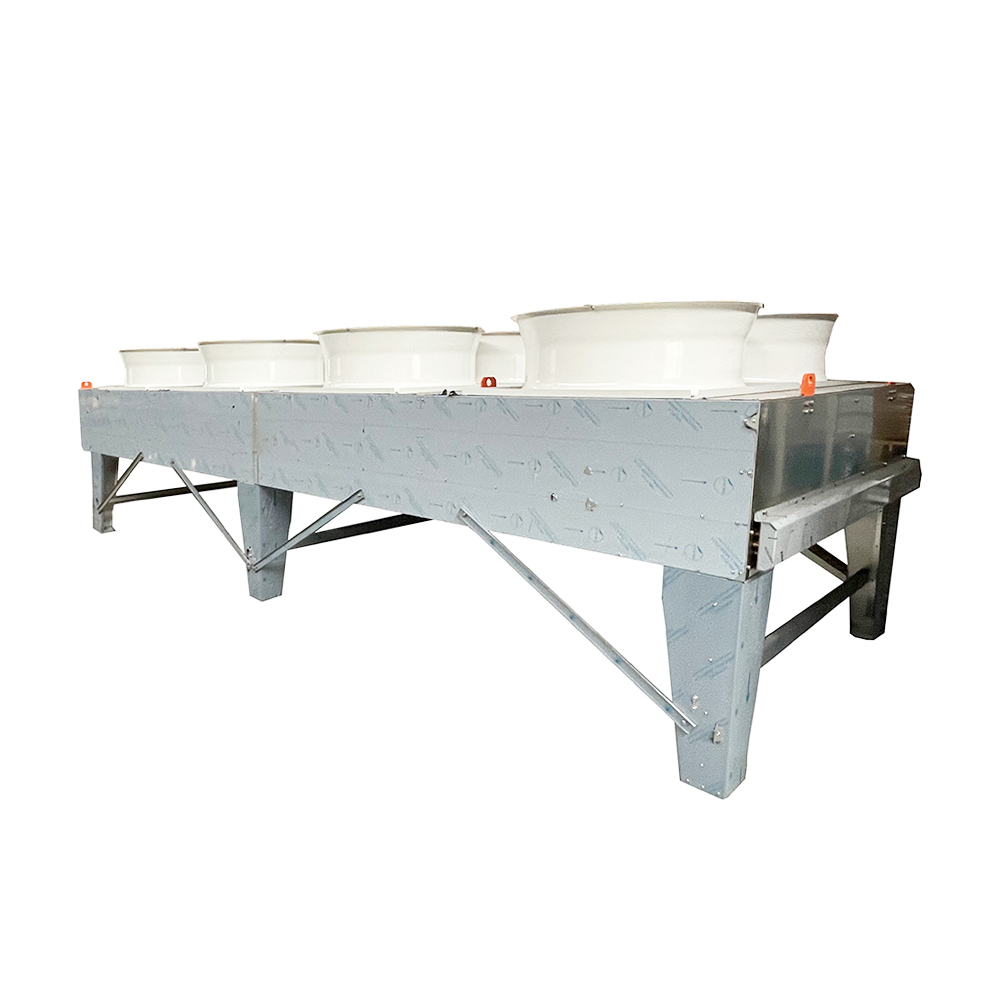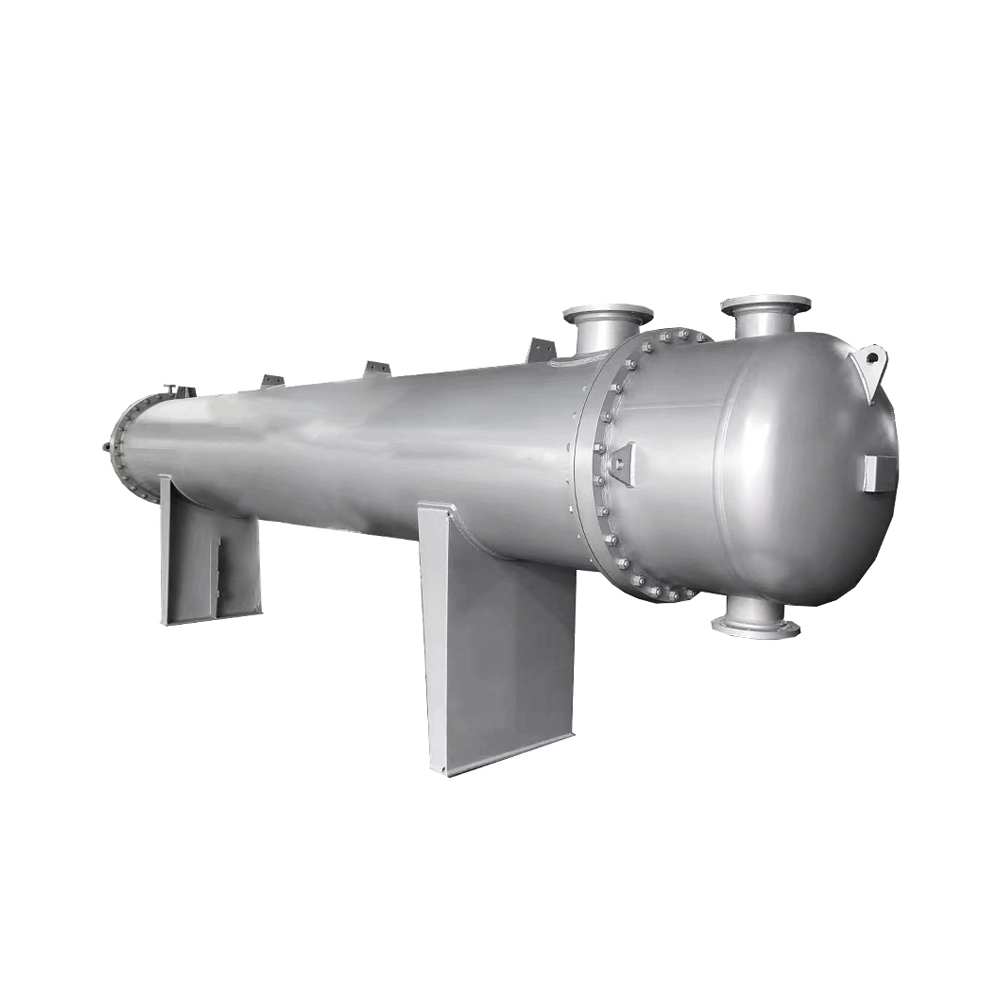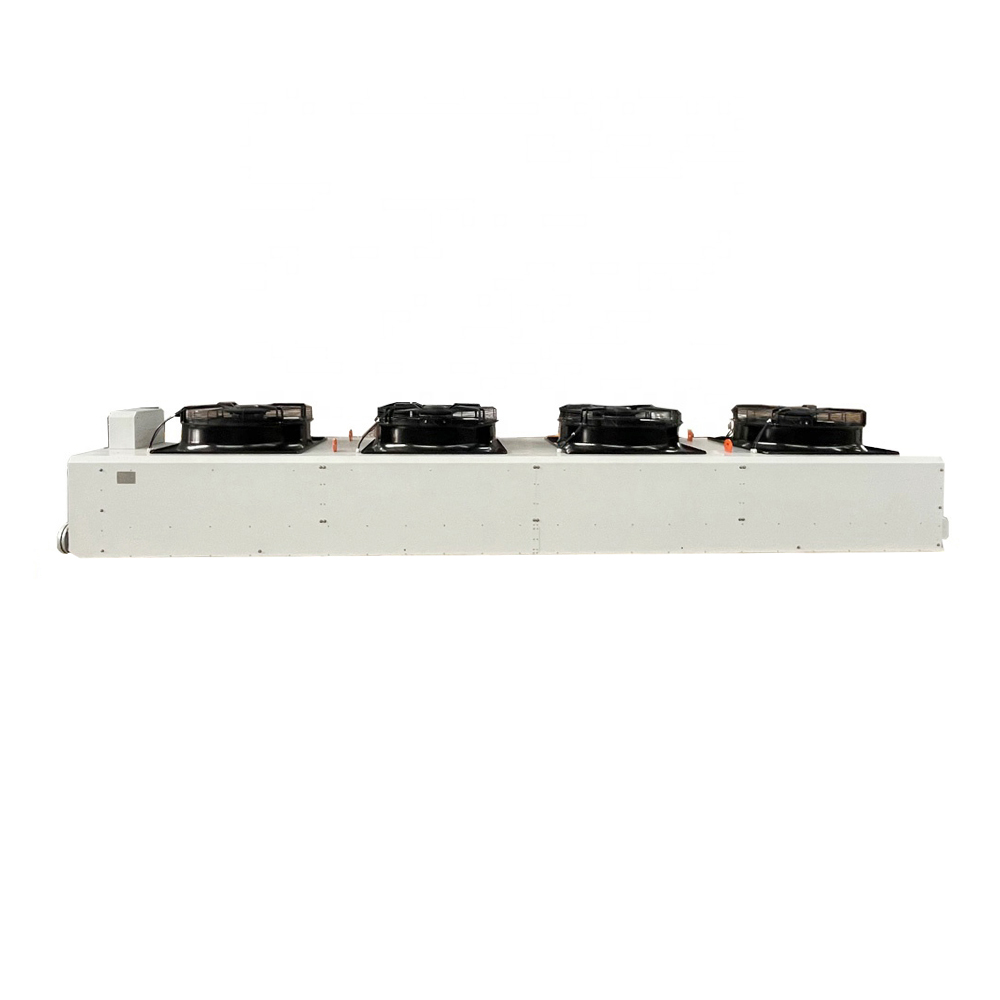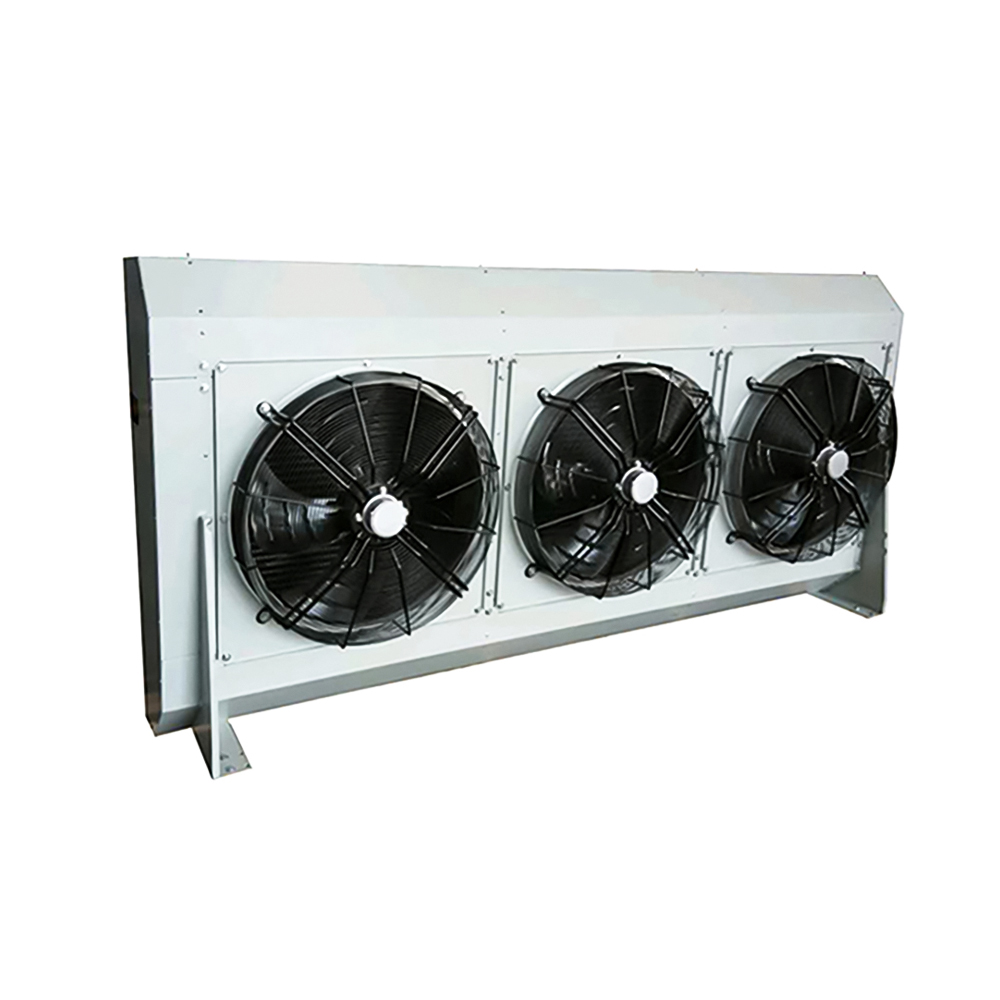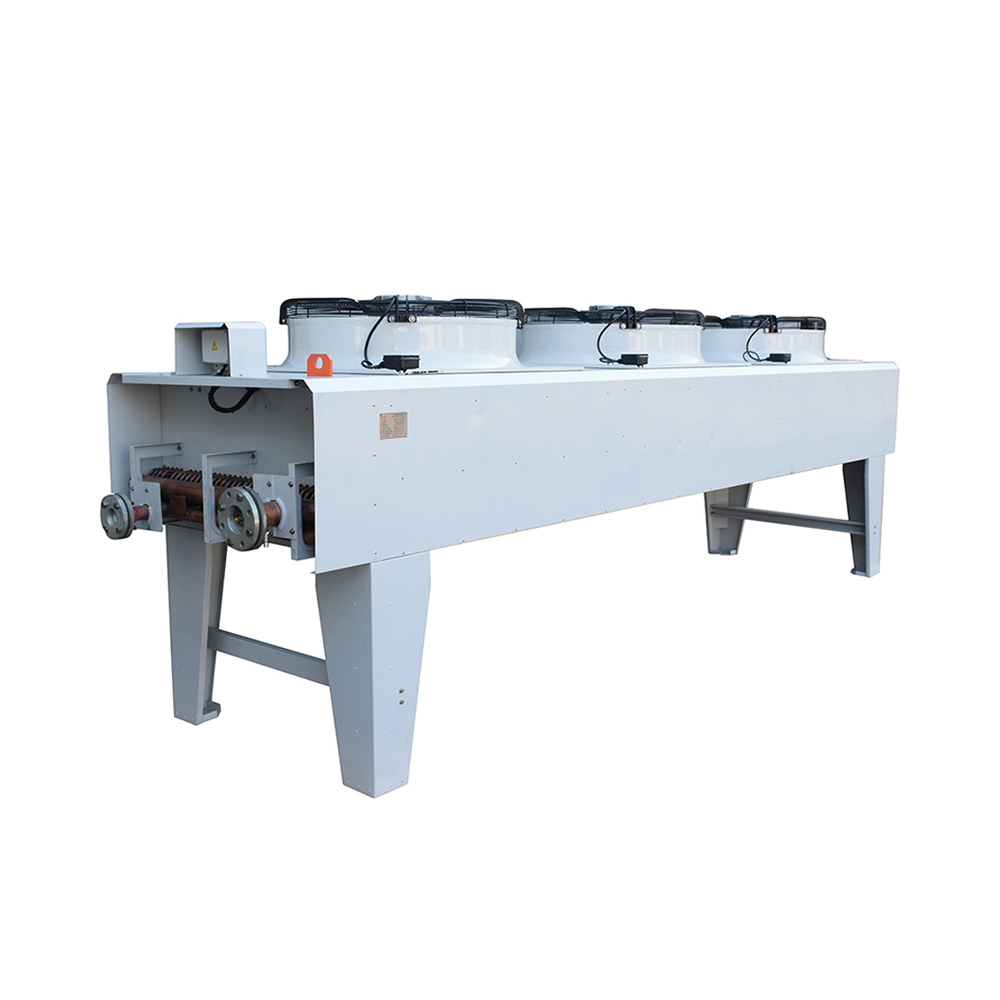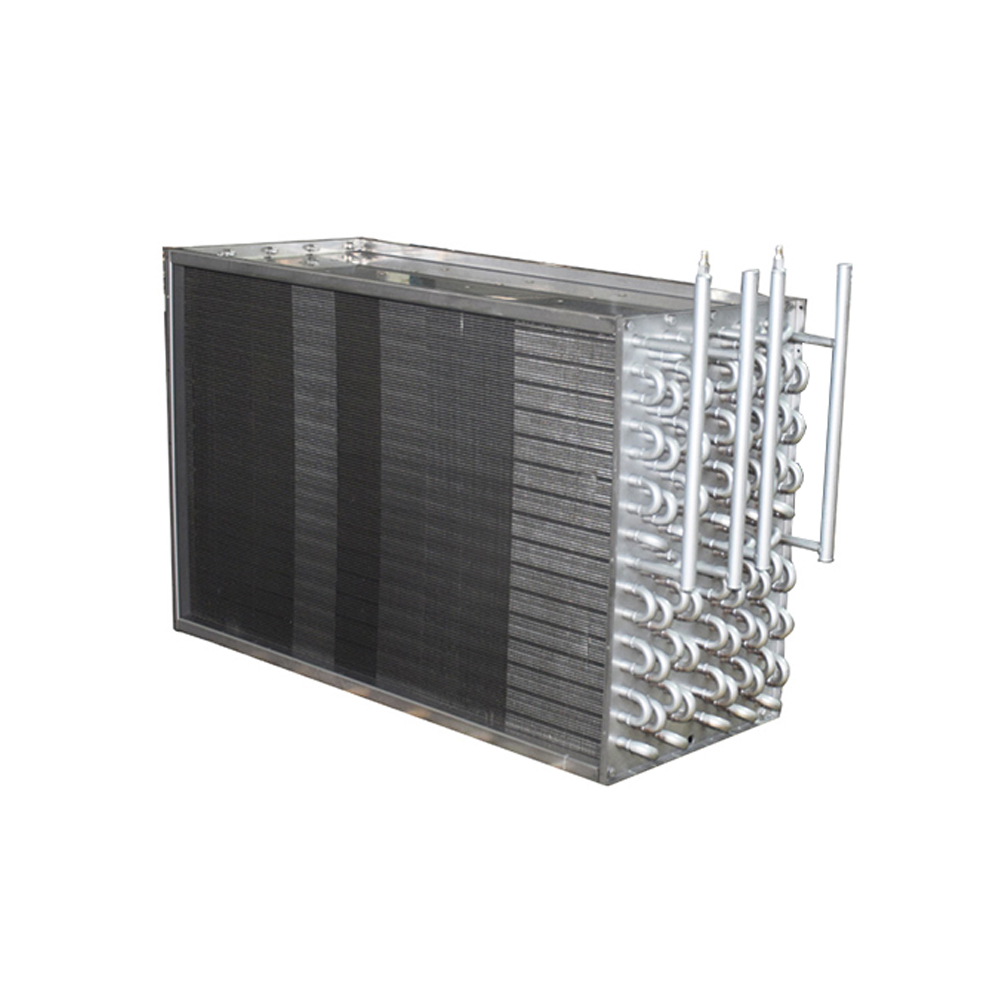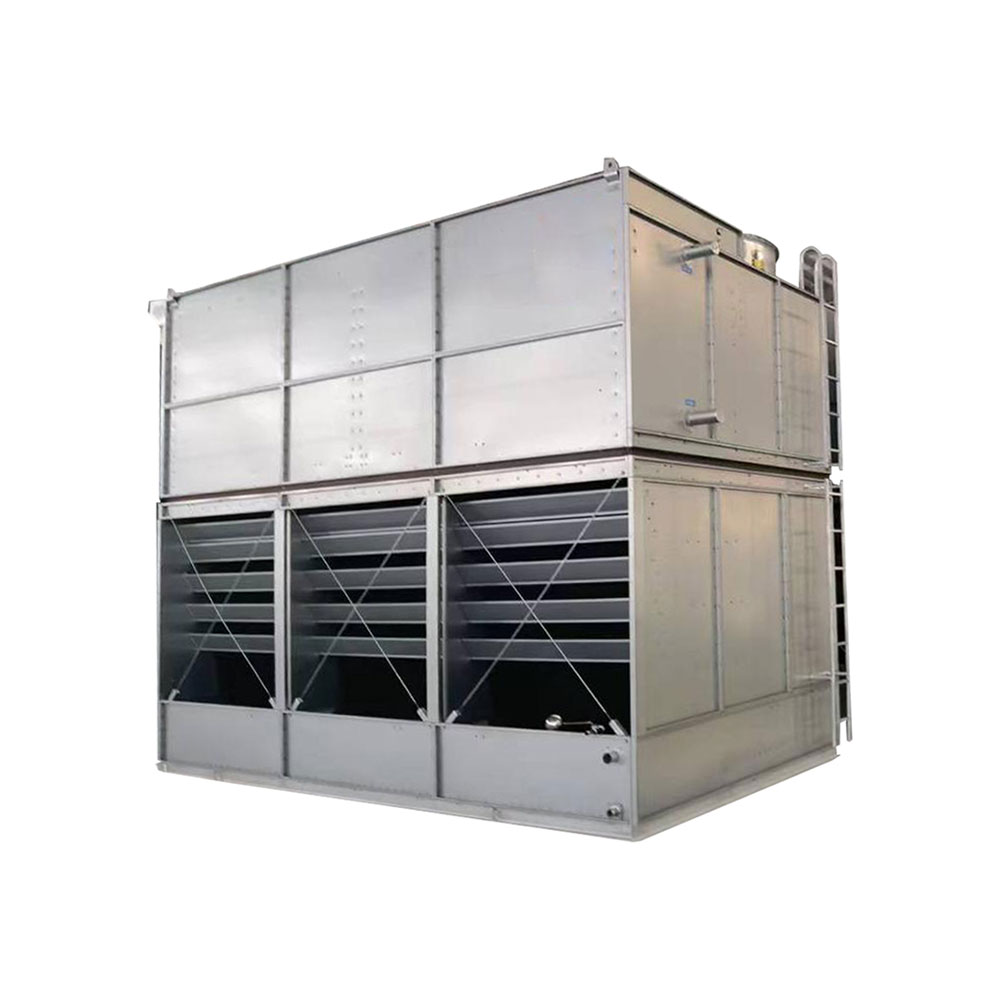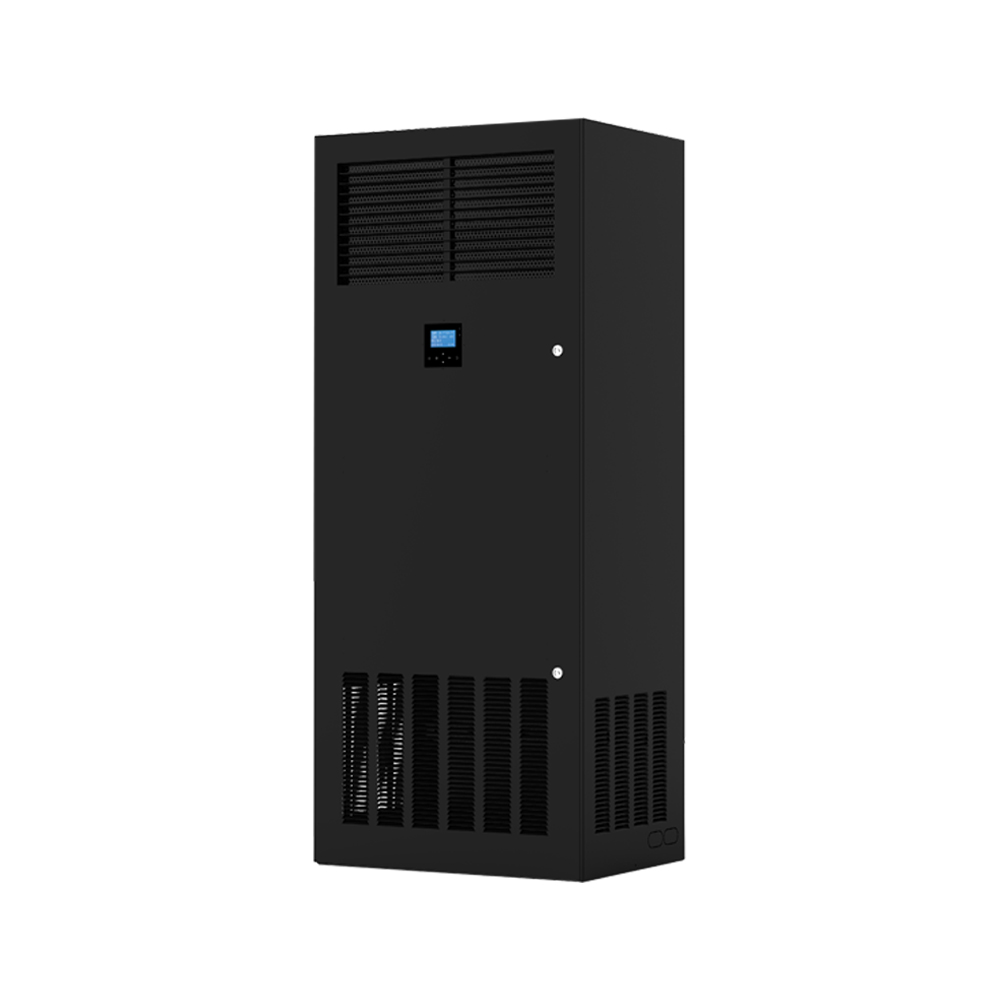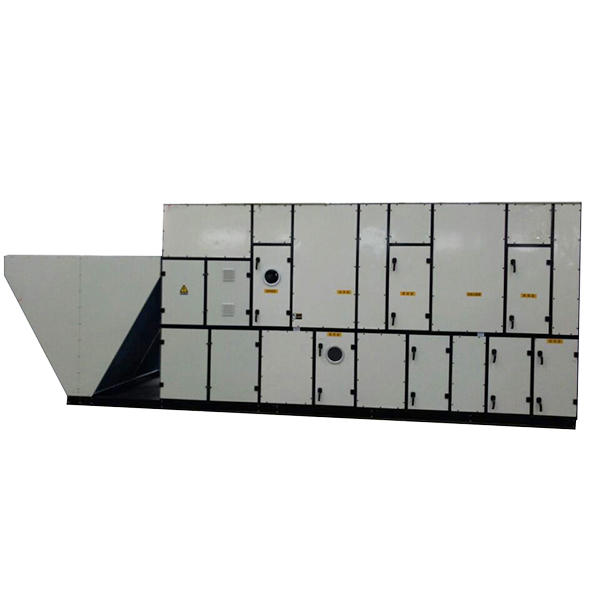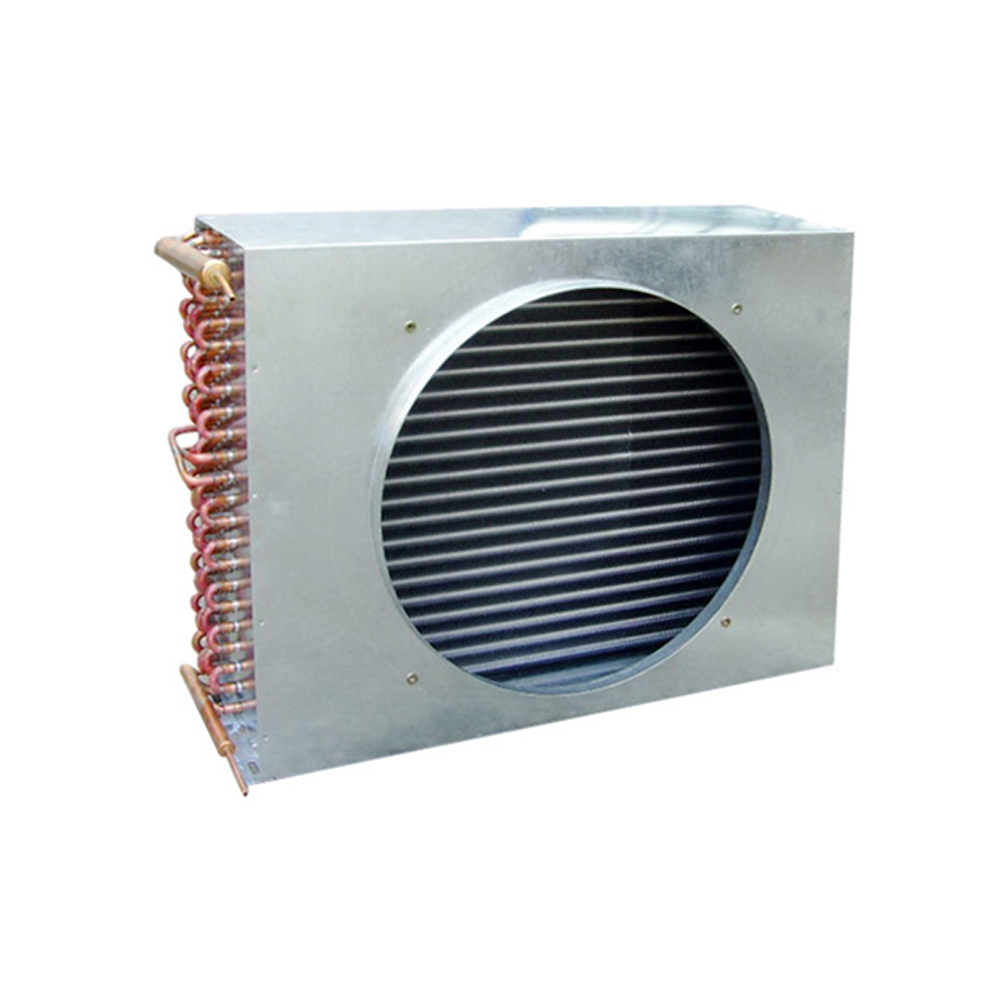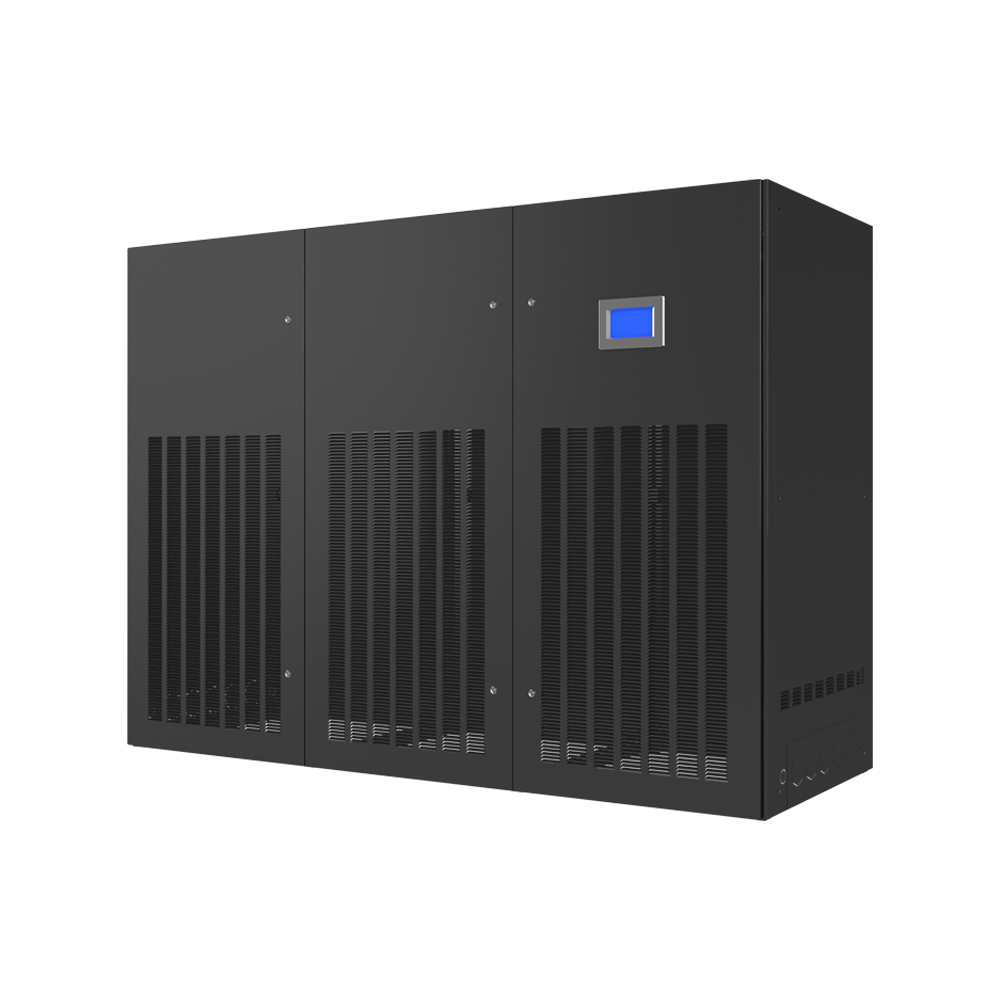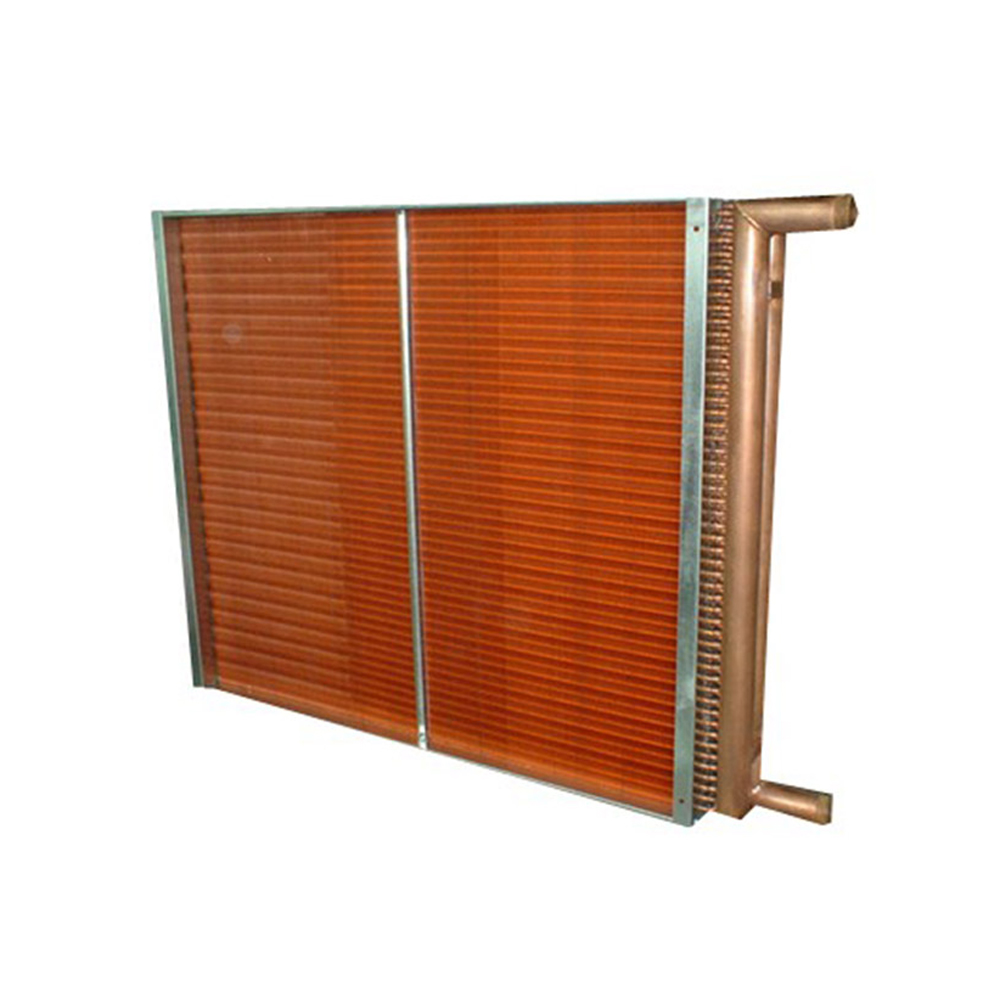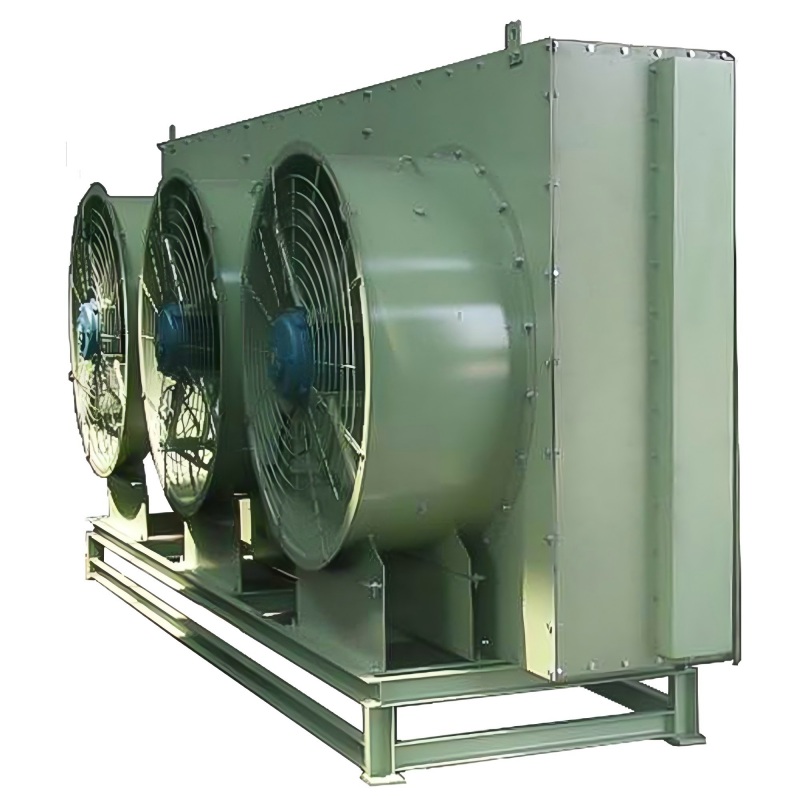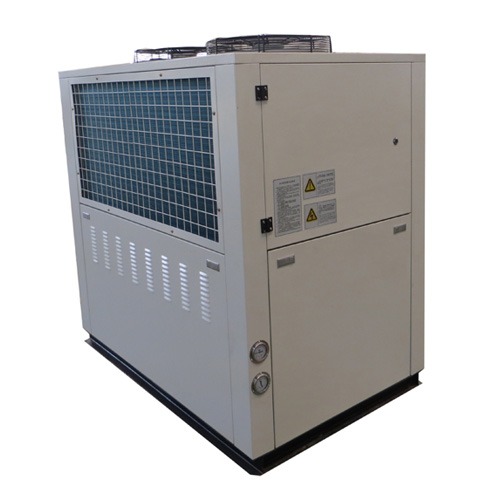The selection of a reliable OEM condenser coil supplier is crucial for the success of any refrigeration or air conditioning project. Choosing the wrong supplier can lead to delays, increased costs, and compromised product quality. This comprehensive guide will walk you through the process of identifying and selecting the perfect partner for your needs. We'll explore various coil types, material considerations, and the key factors to consider when evaluating potential suppliers. Understanding these aspects ensures you receive high-quality coils that meet your performance expectations and project timelines.
Understanding Condenser Coil Types
Microchannel Condenser Coils
Microchannel condenser coils offer high efficiency due to their small internal diameter tubes, which increase the heat transfer surface area. This leads to smaller coil sizes and reduced refrigerant charge. However, they can be more susceptible to clogging and are more challenging to clean compared to traditional tube-fin coils. Their higher initial cost is often offset by long-term energy savings.
Tube-Fin Condenser Coils
Tube-fin coils are the most common type, offering a balance between cost, efficiency, and maintainability. They're relatively easy to clean and repair, making them a popular choice for various applications. Different fin designs and tube materials can be selected to optimize performance for specific requirements. These coils provide a versatile and widely available solution for many refrigeration and air conditioning systems.
Plate-Fin Condenser Coils
Plate-fin coils are known for their compact design and high heat transfer efficiency. Their brazed construction provides excellent reliability. They're often used in applications where space is limited, but they can be more complex to manufacture and may have higher initial costs. This type is often preferred for their compact nature and superior heat transfer capabilities.
Key Factors in Choosing an OEM Condenser Coil Supplier
Material Selection
The material of the condenser coil significantly impacts its durability, corrosion resistance, and lifespan. Common materials include copper, aluminum, and stainless steel, each with its own advantages and disadvantages. Copper is known for its excellent thermal conductivity, but it's more expensive than aluminum. Aluminum is more cost-effective but may be less durable in certain environments. Stainless steel offers superior corrosion resistance but may have lower thermal conductivity.
Manufacturing Capabilities and Quality Control
A reputable OEM condenser coils supplier should have robust manufacturing processes and stringent quality control measures in place. Look for suppliers with certifications like ISO 9001, which demonstrates their commitment to quality management systems. Request samples and conduct thorough testing to verify the quality of the coils before placing a large order. Inquire about their quality assurance processes and the traceability of materials.
Lead Times and Delivery
Reliable delivery is crucial for your project timeline. Discuss lead times with potential suppliers and ensure they can meet your deadlines. Inquire about their logistics and shipping capabilities to avoid delays. A supplier with a proven track record of on-time delivery is a valuable asset.
Finding the Right OEM Condenser Coil Supplier: A Practical Approach
Thorough research is essential. Start by identifying potential suppliers through online searches, industry directories, and trade shows. Request quotes from multiple suppliers and compare their offerings based on price, quality, lead times, and overall reputation. Don't hesitate to ask detailed questions about their manufacturing processes, quality control procedures, and customer support services. Verify references and check online reviews to gauge their reliability and customer satisfaction.
Choosing Shanghai SHENGLIN M&E Technology Co., Ltd.
For high-quality OEM condenser coils, consider Shanghai SHENGLIN M&E Technology Co., Ltd.. They offer a wide range of condenser coils to meet various needs and have a strong reputation for quality and reliability. Their experience and commitment to customer satisfaction make them a valuable partner for your refrigeration and air conditioning projects. Contact them today to discuss your specific requirements.
| Coil Type | Material | Advantages | Disadvantages |
| Microchannel | Copper, Aluminum | High efficiency, compact size | Susceptible to clogging, difficult to clean |
| Tube-Fin | Copper, Aluminum | Cost-effective, easy to maintain | Lower efficiency compared to microchannel |
| Plate-Fin | Aluminum, Copper | High efficiency, compact design | Higher initial cost, complex manufacturing |
Remember, selecting the right OEM condenser coils supplier is a crucial decision. By carefully considering the factors outlined above, you can ensure you choose a partner who will deliver high-quality coils and support your project's success.









